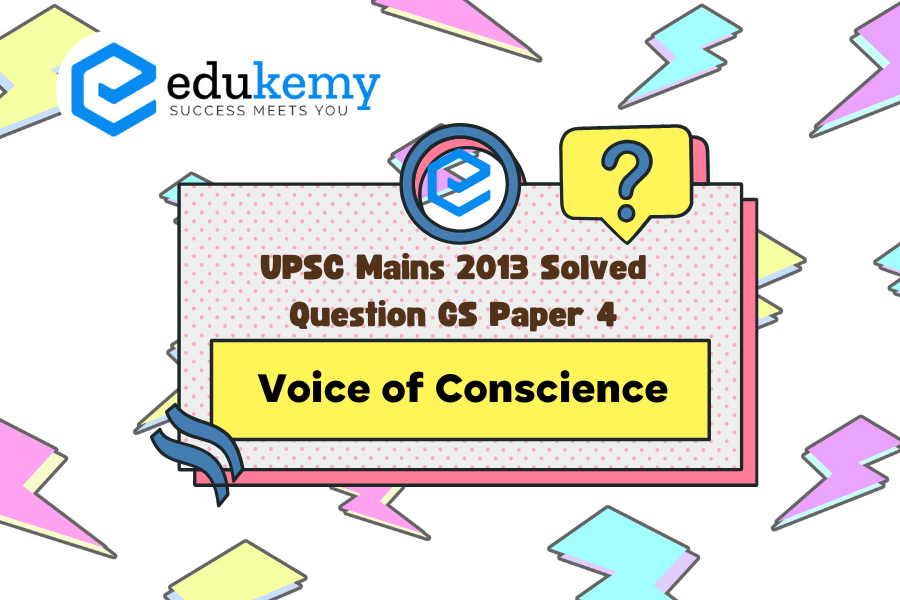The term ‘voice of conscience’ refers to an innate moral compass within every individual, guiding them towards distinguishing right from wrong. It manifests as an inner voice that prompts ethical decision-making and urges adherence to principles and values. To heed to the voice of conscience, one must cultivate self-awareness and introspection. This involves reflecting on one’s actions and their potential consequences, as well as evaluating them against personal and societal moral standards. Additionally, fostering empathy and compassion towards others enhances sensitivity to the voice of conscience, as it often aligns with principles of fairness and kindness. Engaging in practices such as meditation, journaling, or seeking counsel from trusted mentors can also aid in attuning oneself to this inner guidance. Ultimately, embracing authenticity and integrity enables individuals to listen to their conscience amidst life’s complexities, facilitating ethical conduct and personal growth.
Tag: Public/Civil service values and Ethics in Public administration: Status and problems; ethical concerns and dilemmas in government and private institutions; laws, rules, regulations and conscience as sources of ethical guidance; accountability and ethical governance; strengthening of ethical and moral values in governance; ethical issues in international relations and funding; corporate governance.
Contents
Decoding the Question:
- In the Introduction, try to write briefly about ‘voice of conscience’.
- In Body, elaborate on “heeding to the voice of conscience”
- In Conclusion, try to conclude with points given in the body part of the question.
Answer:
A voice of conscience corresponds to an inner voice that judges your behavior. Voice of conscience is the source of ethical decision making for many. A famous example is Mahatma Gandhi. Gandhi says : “The human voice can never reach the distance that is covered by the still small voice of conscience.”
Heeding to the Voice of Conscience:
- Acts of Conscience: The feeling of regret has always been associated with conscience. It is a deep remorse for a wrong committed. Conscience not only makes judgement over certain actions right or wrong, but it arouses a peculiar feeling of pain that is extremely unpleasant.
- This pain of conscience or feeling of remorse is identified by moralists as one of the reasons for avoiding wrong actions.
- Antecedent and Consequent Conscience: Conscience can be divided into antecedent conscience and consequent conscience. Antecedent conscience deals with future actions whereas consequent conscience deals with the past actions.
- Conscience that acts as a guide to future actions, prompting to do them or avoid them can be defined as an antecedent conscience.
- Conscience which is acting as a judge to our past actions, the source of our self-approval or remorse is known as consequent conscience.
The judgement of the voice of conscience can be understood as the judgment of the intellect. The human intellect can be mistaken either by adopting false premises or by drawing an illogical conclusion. Because of this there can be different consciences such as correct, erroneous, doubtful, certain, perplexed and scrupulous consciences.
In case you still have your doubts, contact us on 9811333901.
For UPSC Prelims Resources, Click here
For Daily Updates and Study Material:
Join our Telegram Channel – Edukemy for IAS
- 1. Learn through Videos – here
- 2. Be Exam Ready by Practicing Daily MCQs – here
- 3. Daily Newsletter – Get all your Current Affairs Covered – here
- 4. Mains Answer Writing Practice – here


